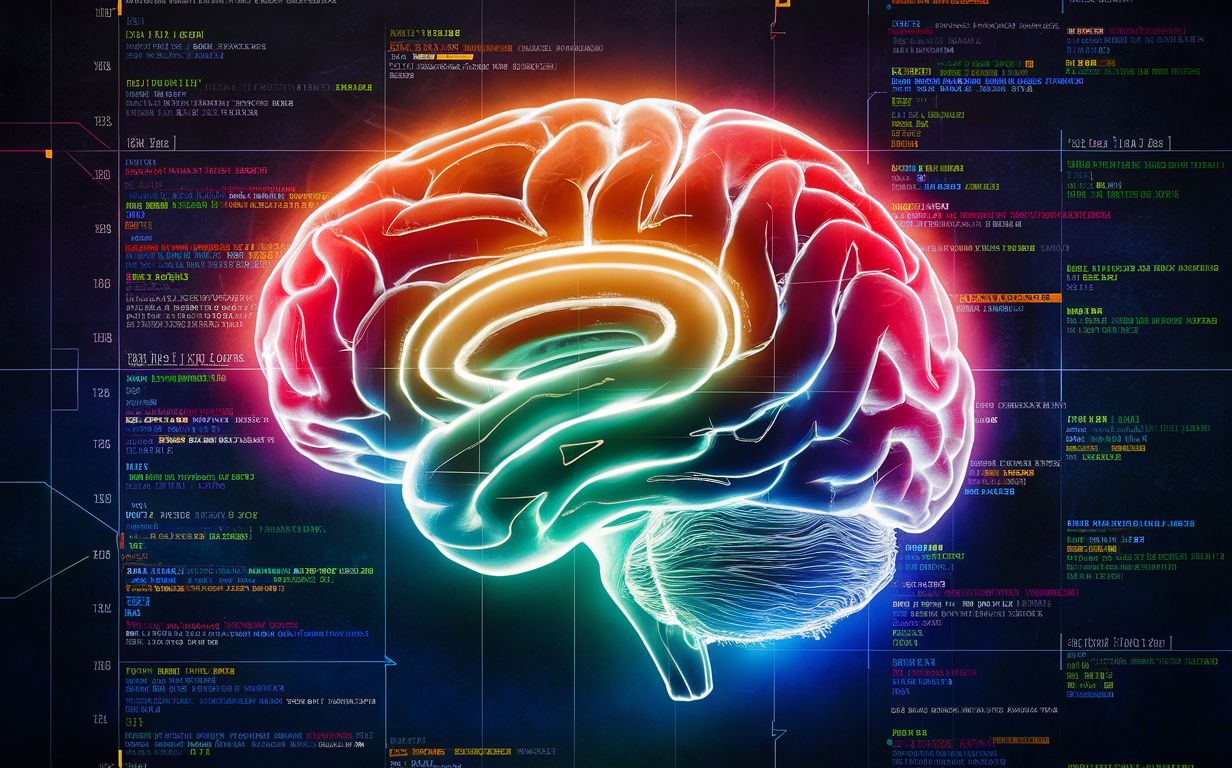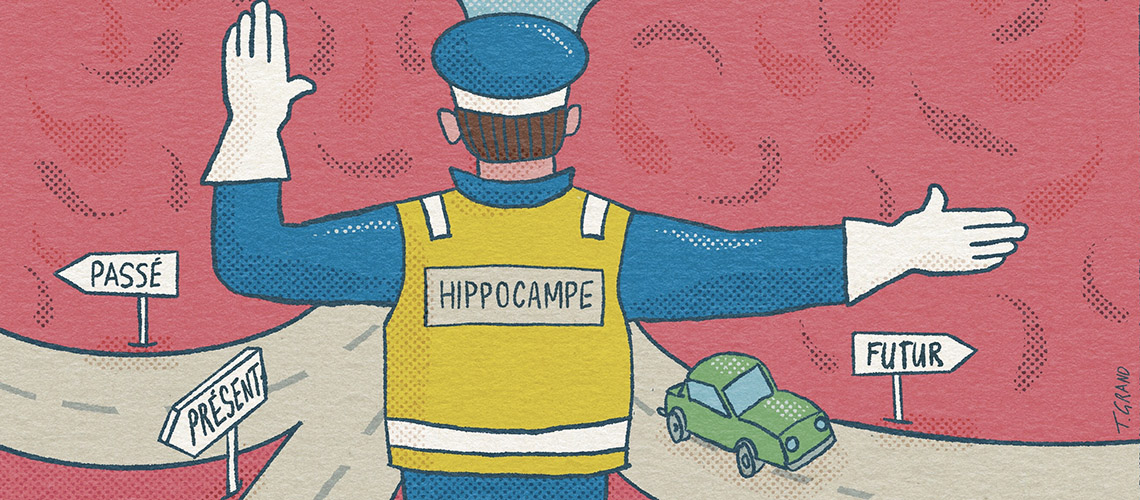Follow us on Google News (click on ☆)
Their study reveals differences in the processing of immediate or distant goals, both behaviorally and cerebrally. These findings, described in the journal Nature Communications, could significantly impact the understanding of psychiatric disorders, including depression, which can hinder the formulation of clear goals.

Throughout the day, we set goals to achieve: picking up the kids from school in an hour, preparing dinner in three hours, scheduling a doctor's appointment in five days, or mowing the lawn in a week. These urgent and less urgent objectives are constantly redefined based on events occurring throughout the day.
Researchers from UNIGE and the Icahn School of Medicine at Mount Sinai Hospital in New York studied how the brain memorizes and updates the goals to be achieved. Specifically, how it differentiates between objectives requiring immediate attention and those that do not. Their study focuses on a particular brain region, the hippocampus, due to its established role in episodic memory. This memory system is responsible for encoding, consolidating, and retrieving personally experienced information by integrating their emotional, spatial, and temporal context.
An imaginary mission to Mars during MRI
The neuroscientists asked 31 participants to imagine a 4-year space mission to Mars, which required completing a series of crucial survival tasks (caring for their spacesuit helmet, exercising, eating specific foods, etc.). The mission's objectives varied depending on when they had to be achieved, with different tasks to complete for each of the four years of the journey.
As participants progressed through the mission, the same objectives were repeatedly presented. They had to indicate whether these goals were for the past, present, or future. As they moved forward in time, the relevance of these objectives changed: goals initially set for the future became current needs, while current needs became past goals. Thus, participants had to manage multiple objectives based on their time distance and update their priorities as the mission advanced.
Priority to immediate objectives
The team observed the reaction times of each participant to determine whether the task was to be accomplished in the present, past, or future. "Goals that need to be achieved immediately are recognized more quickly than those set for a more distant time. This different processing of stored information highlights the priority given to current needs over those that are further away. Additional time is needed to mentally travel in time to retrieve past and future goals," explains Alison Montagrin, assistant professor at the Department of Basic Neurosciences in the Faculty of Medicine at UNIGE, former postdoctoral researcher at the Icahn School of Medicine, and first author of the study.

In our brain, the hippocampus governs the encoding, consolidation, and retrieval of experienced information by integrating their emotional, spatial, and temporal context.
© Thomas Grand/Atelier XL
The scientists also investigated whether differences manifested at the brain level. High-resolution MRI images revealed that when retrieving information about current goals, the hippocampus is activated in its posterior region. In contrast, when recalling past or future goals, the anterior region is activated.
These results could open a therapeutic pathway for people suffering from depression, who present difficulties in forming goals.
"These results are particularly interesting because previous studies have shown that when we use our episodic memory or spatial memory, the anterior region of the hippocampus is involved in retrieving general information, while the posterior part handles details. It will be interesting to explore if - unlike immediate objectives - projecting into the future or recalling a past goal does not require specific details, but a general representation suffices," concludes the researcher.
This research shows that the time scale plays a crucial role in how people set personal goals. This could have significant implications for understanding psychiatric disorders, such as depression. Indeed, people suffering from depression may have trouble forming specific goals and may perceive more obstacles to achieving them. Investigating whether these individuals perceive the distance to their goals differently - which could make them pessimistic about their chances of success - could open a therapeutic pathway.